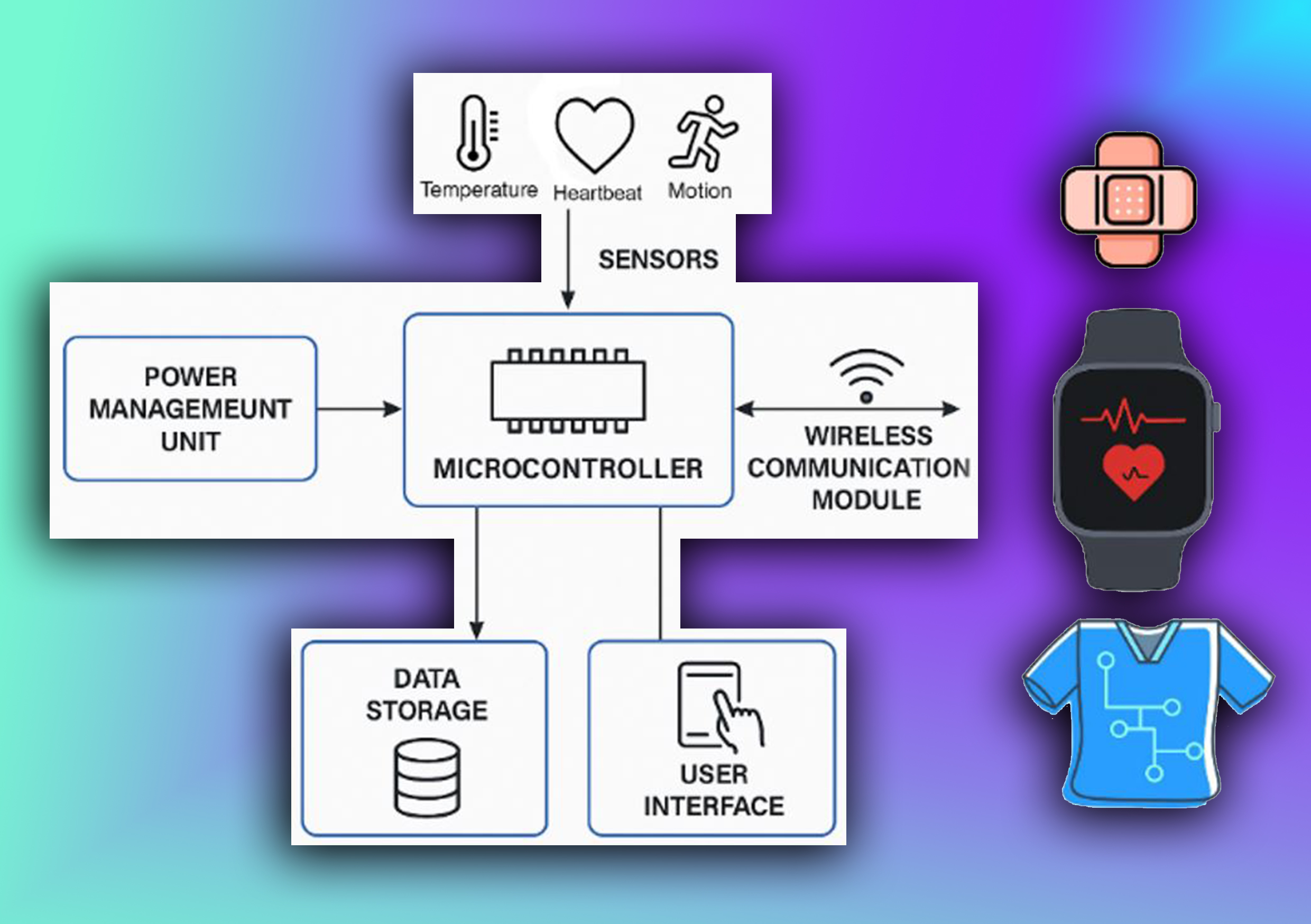AI in Wearable Embedded Systems for Healthcare Monitoring: A Review
##plugins.themes.academic_pro.article.main##
Abstract
Abstract
With an eye towards real-time health monitoring and early diagnosis, this review investigates how Artificial Intelligence (AI), Embedded Systems, and the Internet of Things (IoT) could be used in wearable healthcare technology. This study examines current developments in low-power embedded systems, edge artificial intelligence computing, sensor technologies, and IoT connection that all help to provide intelligent, energy-efficient wearable devices. Results show that although embedded microcontrollers offer continuous monitoring with low energy consumption, artificial intelligence-driven analytics increase diagnosis accuracy and enable predictive healthcare. IoT integration enables flawless data transfer for remote patient care, therefore supporting more responsive and easily available healthcare service. Important issues such data security, power constraints, ethical questions, and openness in AI decision-making still exist despite these developments. Emerging technologies such Explainable AI (XAI), federated learning, blockchain-based security, and self-powered wearables as hopeful paths for addressing these constraints are highlighted in this study. The last point underlines how important it is to combine IoT, embedded systems, and artificial intelligence in wearable technologies to turn reactive medical practices into preventive healthcare approaches. Future studies should concentrate on developing trust, increasing openness, and boosting energy efficiency in AI-driven healthcare wearables if we are to guarantee effective deployment and general acceptance.
Keywords: Wearable Healthcare Technology, Embedded Systems, Artificial Intelligence, Remote patient monitoring, Real time Data Transmission, Internet of Things

